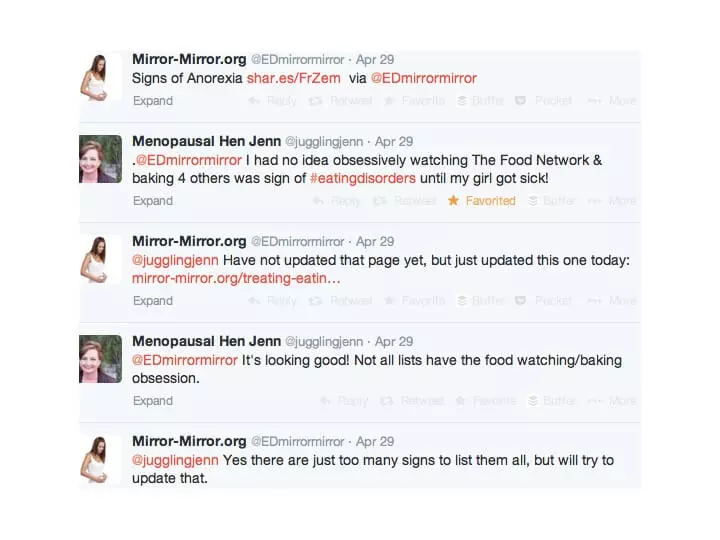This Halloween Let Them Eat Candy!
This was first written by Katie Grubiak, RDN in 2015 and published on a national blog site. It has since been removed and is posted here with permission by Katie Grubiak, RDN, dietitian for people of all ages. Katie’s Six Tips To Make Halloween Fun–and Help Raise Intuitive Eaters Halloween is a favorite holiday for …

